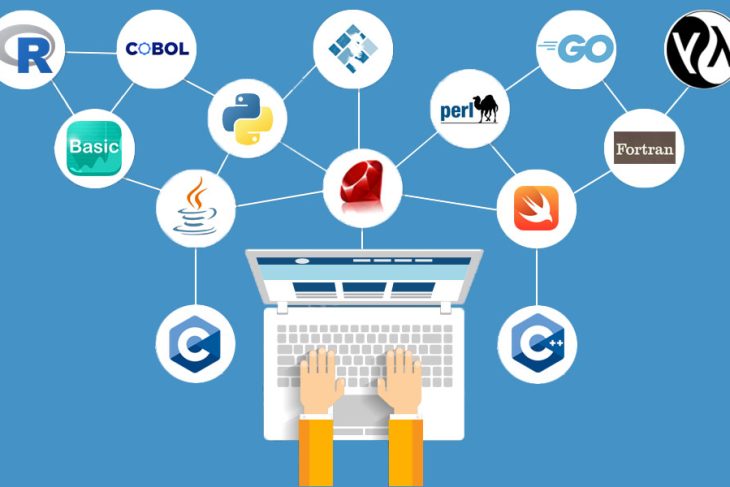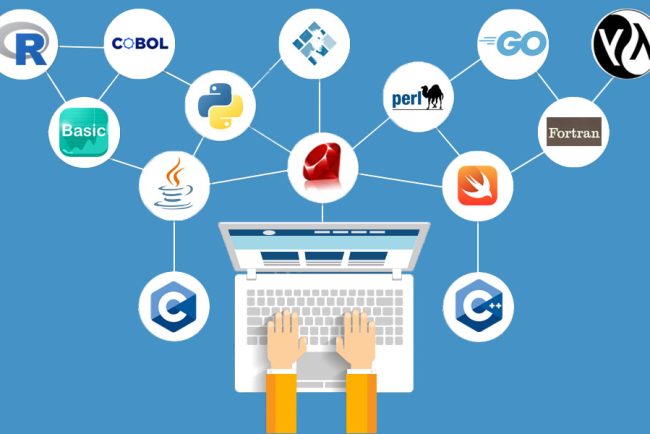

The technology industry is known for its rapid pace of innovation and occasional fluctuations in demand, which can sometimes lead to workforce challenges. Rather than resorting to layoffs as a means of cost-cutting during lean periods, tech companies are increasingly seeking alternatives to maintain a stable workforce. By implementing creative strategies, companies can retain valuable talent, foster employee loyalty, and position themselves for long-term success. Let’s explore some of the alternatives to layoffs in the tech industry and their potential benefits.
- Retraining and Upskilling Programs: Instead of letting employees go, tech companies are investing in retraining and upskilling programs to align their workforce with emerging technologies and industry trends. By providing opportunities for employees to learn new skills and acquire knowledge in cutting-edge areas, companies can retain their talent pool while equipping them for future roles within the organization. These programs not only enhance employee engagement but also contribute to a more agile and adaptable workforce.
- Internal Mobility and Transfers: Rather than laying off employees, tech companies are exploring internal mobility and transfer options. This involves identifying areas within the organization where there is a demand for talent and offering employees the opportunity to transition to those roles. Internal mobility programs help companies retain experienced employees while enabling them to leverage their existing skills and knowledge in different capacities. It fosters a culture of continuous learning and growth within the organization.
- Reduced Work Hours and Flexible Schedules: Implementing reduced work hours or flexible schedules can be an effective alternative to layoffs. During periods of reduced demand, companies can offer employees the option to work fewer hours or have flexible schedules. This approach allows companies to retain their skilled workforce while optimizing productivity based on business needs. It also demonstrates a commitment to work-life balance and employee well-being, which can contribute to higher job satisfaction and retention rates.
- Voluntary Time-Off and Sabbaticals: In situations where a temporary reduction in workforce is necessary, tech companies can offer voluntary time-off or sabbaticals to employees. This allows individuals to take a break from work without the fear of losing their jobs. Employees can use this time for personal development, pursuing other interests, or taking extended vacations. Voluntary time-off programs not only provide employees with much-needed flexibility but also demonstrate the company’s commitment to supporting work-life integration.
- Project-Based Contracts and Freelance Opportunities: During periods of uncertainty, tech companies can explore project-based contracts and freelance opportunities to retain their workforce. By offering temporary assignments or freelance contracts, companies can maintain their talent pool while adjusting their workforce based on project requirements. This approach allows companies to access specialized skills when needed while providing employees with diverse and flexible work experiences.
By adopting these alternatives to layoffs, tech companies can mitigate the negative impact on employee morale, preserve institutional knowledge, and maintain a stable workforce. Moreover, these strategies position companies for future growth and enable them to respond quickly to market shifts.


















